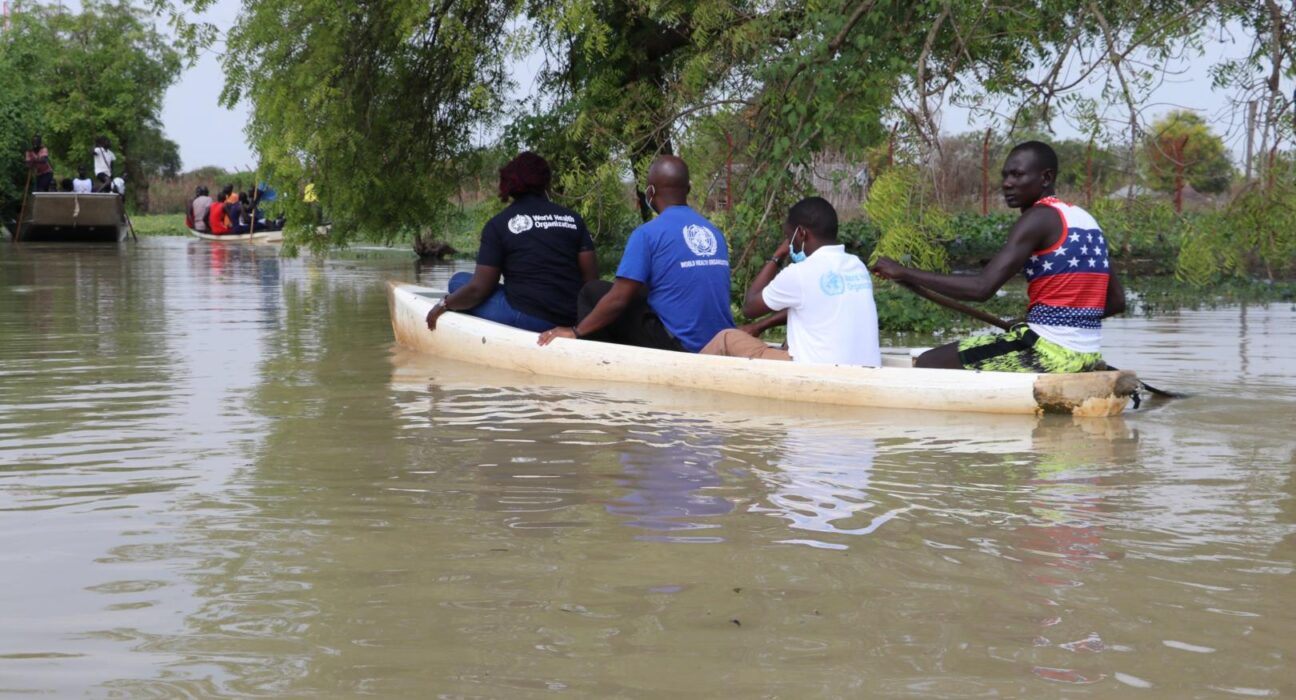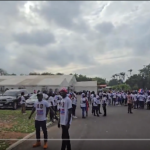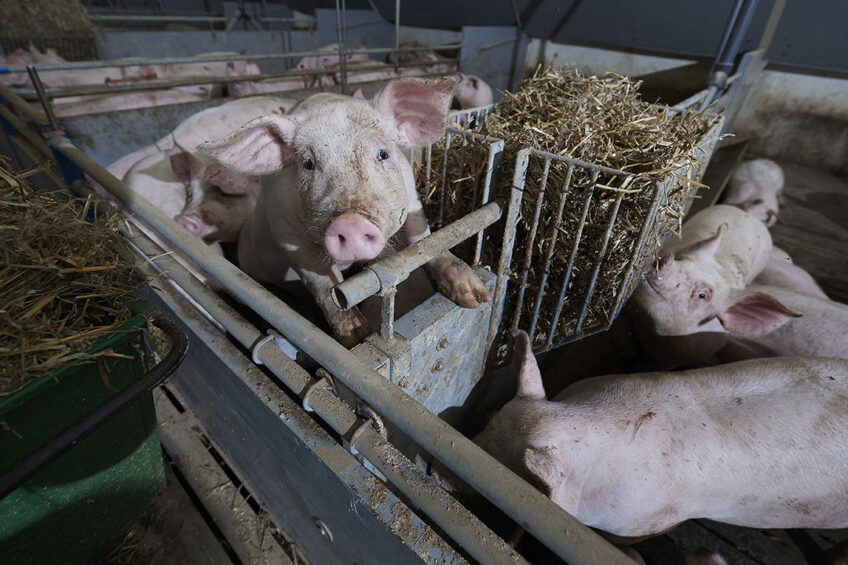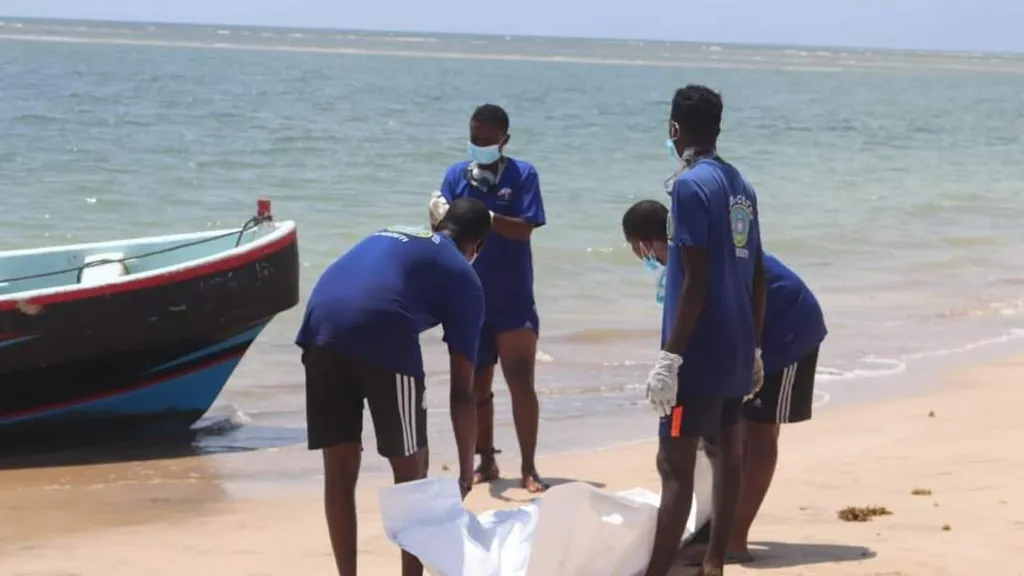Over 90 health facilities have become inaccessible due to severe flooding in South Sudan, according to the World Health Organization (WHO).
The floods, which have devastated large parts of the country, have displaced over 226,000 people, submerged homes, and severely impacted livelihoods, while roads and key infrastructure remain underwater.
The disaster has affected 42 of South Sudan’s 78 counties, with nearly 90 health facilities cut off and 58 others completely submerged in five counties. Around 15 major roads, including critical routes to the capital Juba, where tertiary health services are available, have been rendered impassable.
Although South Sudan typically experiences flooding during its rainy season from April to November, climate change has intensified the severity of these floods, stretching communities’ ability to cope and, in some cases, causing permanent displacement.
The situation has compounded an already dire humanitarian crisis, with South Sudan hosting nearly 800,000 refugees and returnees fleeing armed conflict in neighboring Sudan. In Renk County, a key entry point for refugees in Upper Nile State, two suspected cholera cases have been reported, and malaria cases are surging, with over 120,000 infections and 31 suspected deaths reported by late September 2024. In the same period, 55 snakebite incidents were recorded.
Great progress! ES construction in Katieth Boma, Nyal Payam, Panyinjar County is underway, providing critical shelter for flood-affected families. Thanks to our partners for their support! #EmergencyRelief #CIDO pic.twitter.com/1xJ9S18TEK
— CIDO South Sudan (@CidoSouthsudan) October 18, 2024
“People are in a heightened state of vulnerability due to multiple shocks. WHO is committed to work with the Ministry of Health and our partners to ensure that they have access to essential health services while also prioritizing the response to growing humanitarian and health needs,” said Dr. Humphrey Karamagi, WHO Representative in South Sudan.
WHO has distributed 88 metric tonnes of emergency health kits to affected areas such as Renk, Bentiu, Malakal, and Bor counties. These supplies, capable of treating over 870,000 people, include interagency emergency health kits, cholera treatment kits, antimalarial drugs, and snakebite antivenoms. Additionally, nearly 1,300 malaria kits have been distributed nationwide, along with cholera diagnostic tools.
In September, #SouthSudan witnessed:
🌧️🌊 heavy rain & floods
📉 economic decline
🌾 food insecurity
☣️ disease outbreaksMore in our Humanitarian Snapshot ⬇️ https://t.co/OZsjqraVf8 pic.twitter.com/xYoKInwjeh
— OCHA South Sudan (@OCHASouthSudan) October 18, 2024
In coordination with the Ministry of Health, WHO is scaling up its response, working with partners to address this escalating health crisis. An emergency needs assessment was recently conducted in Cueibet County to collect data and train health workers, strengthening the overall response effort.
As the impact of climate change continues to worsen, WHO is supporting efforts across Africa to build climate-resilient health systems. This includes tracking the health impacts of climate change, developing strategies for adaptation and mitigation, and advocating for investments to protect communities from future climate shocks.








